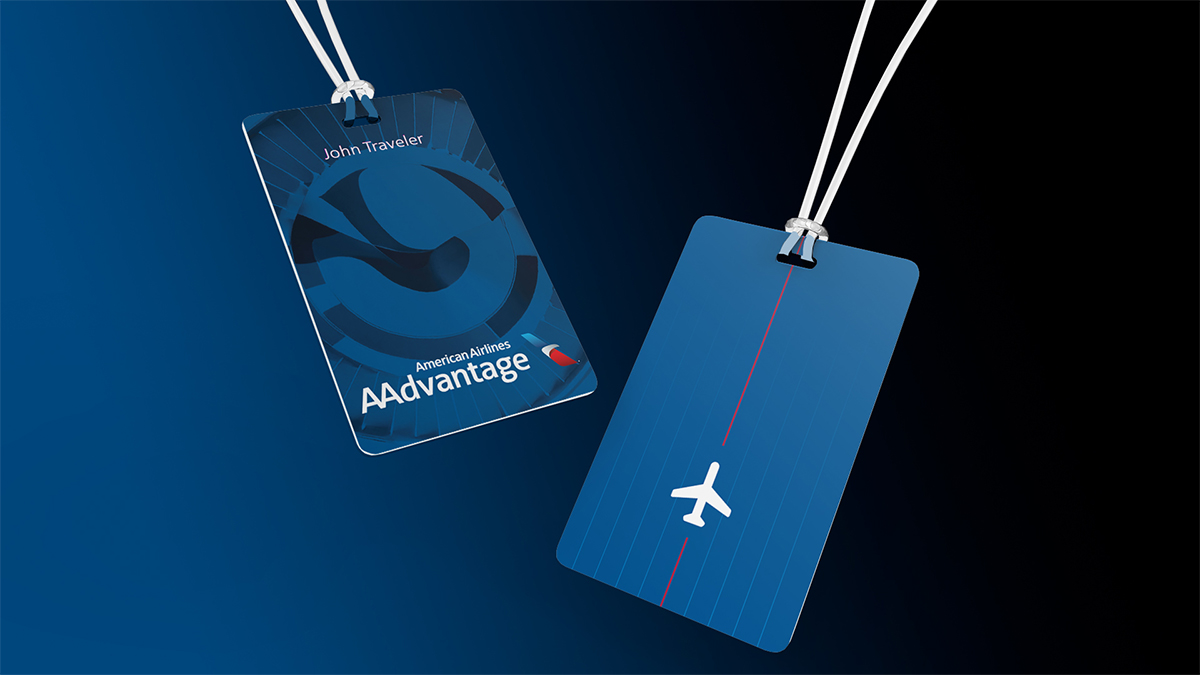The Tech Revolution: How AI Is Enhancing the Passenger Experience
From apps to AI, technology is at the forefront when it comes to improving the travel experience.
February 14, 2025

Photo: Courtesy of Qi Yang / Getty Images
Virtual Assistants to Robot Security: How AI Impacts Travel
Adoption of Artificial intelligence may still be in its infancy, but it’s already had a huge impact on travel. You may find yourself chatting to AI about your next hotel booking, it may plan your itinerary, or perhaps it will guide you around the airport…
Chatbots and virtual assistants have had limited effectiveness until now, but more advanced voice capabilities are helping to transform their use for customer service. Airlines, hotels, and travel agencies are increasingly deploying AI-driven bots to provide 24/7 care. Designed to be faster and more intuitive, these AI assistants streamline bookings and deliver instant support.
A combination of augmented reality (AR) and large language models (LLMs) also allows for more digital and interactive guides, whether navigating sights through a city, bringing a museum to life or overcoming language barriers.
Robotic innovations are constantly evolving, with consumer products starting to take the shape of robotic vacuum cleaners and lawnmowers. Airports, meanwhile, are beginning to trial AI-powered robots to monitor security checkpoints and crowd control, while biometrics are making journeys faster, safer, and more convenient.
AI’s ability to analyze data has also been a game-changer. For starters, AI can combine individual preferences, past behaviors, and real-time data to suggest personalized itineraries, saving travelers hours of research.
For travel providers, data analysis has revolutionized everything from pricing to operations. Airlines use AI to predict demand, optimize flight routes, and adjust pricing dynamically, while hotels have greater powers to personalize services and improve guest experiences and satisfaction.
Digital buzz
Research shows travelers are increasingly prioritizing digital services at airports. From ordering food and beverages (80 percent), booking services beyond the lounge (67 percent), or shopping online at airport stores (52 percent), the demand for seamless, tech-enabled experiences is on the rise.
Source: Airport Dimensions Airport Experience Research 2024
Innovation in technology is key

Photo: Marco Pera (supplied by Priority Pass)
Marco Pera, Chief Technology and Data Officer – Priority Pass discusses some of the key tech trends improving the travel experience.
How can technology improve travel?
Travel is inherently a physical experience – but technology can enhance it by seamlessly connecting services, creating multiple touchpoints, and eliminating common inconveniences. Each traveler has unique preferences, making personalization key. A well-designed tech ecosystem should adapt to individual needs and optimize the journey.
What are the tech innovations Priority Pass is focussing on and why?
Our proprietary Lounge Management System (LMS) enhances the guest experience while streamlining capacity management. It includes pre-booking capabilities, a digital waitlist, and real-time flight tracking, giving travelers extra peace of mind.
How are you utilizing AI technology?
We’re piloting a Pre-book Assist function at select UK locations, a feature built into the Priority Pass app. Leveraging AI-driven insights, it predicts how busy a lounge will be on specific dates and times, helping customers decide whether to book in advance.
What tech features can we expect in future lounges?
Lounges offer an environment where technology can create more convenience and differentiation, whether biometrics to facilitate a stress-free check-in, or travel notifications that let you know when you should head to the gate. Mobile ordering means personal requests can also be accommodated – a champagne upgrade for a romantic getaway or an allergy-free meal.
How important is virtual and augmented reality?
VR is most prominent within gaming lounges at the moment. AR is more useful in terms of displaying information and aiding with storytelling. Brands can also highlight their competitive advantage and add interactive elements. For example, when navigating through an airport, a traveler could receive directions and find out how long the walk is to their lounge or gate while being prompted to purchase relevant items along the way. Holiday Inn, meanwhile, has used AR celebrity animations and wayfinding to add value for guests. AR could also make travel more accessible, i.e., providing visual aids for those with hearing impairments.
Have you seen an increase in tech usage among your customers?
Travelers are definitely embracing, and indeed demanding more digital solutions. In 2024, there was a 57 percent increase in the usage of the Priority Pass app, plus a 12 percent growth in the number of Digital Membership Card visits year on year.
Six useful travel apps
Maps.me
Download detailed maps for offline use, bookmark your favorite locations, and plan routes in advance. A search function helps discover nearby points of interest, and Maps.me also lets you contribute to its open-source map data.
Wi-Fi Map
Stay connected while traveling with the world’s largest Wi-Fi community, providing access to millions of free Wi-Fi hotspots around the world. Wi-Fi Map’s speed test feature lets you check the quality of networks, ensuring a smooth and reliable experience.
Flush
The app you didn’t know you needed but won’t be able to live without. Flush quickly locates public toilets wherever you are, with user reviews, accessibility information, and real-time availability updates.
Priority Pass
Gain access to over 1,700 airport lounges and travel experiences across 725 airports in 145 countries with the Priority Pass app. Members will also benefit from services such as lounge pre-booking, preferential hire car rates, private airport transfers, and much more.
Hopper
Hopper helps travelers get the best deals on flights, hotels, and car rentals by predicting the best time to book. By analyzing historical data, the app tells you whether to book now or wait for prices to drop. It also offers price alerts, ensuring you never miss a deal.
Packpoint
Take the stress out of packing with PackPoint. By asking for your travel destination, dates, and activities, this app generates a personalized packing list based on the weather forecast and your planned activities – handy for those packing lights.





